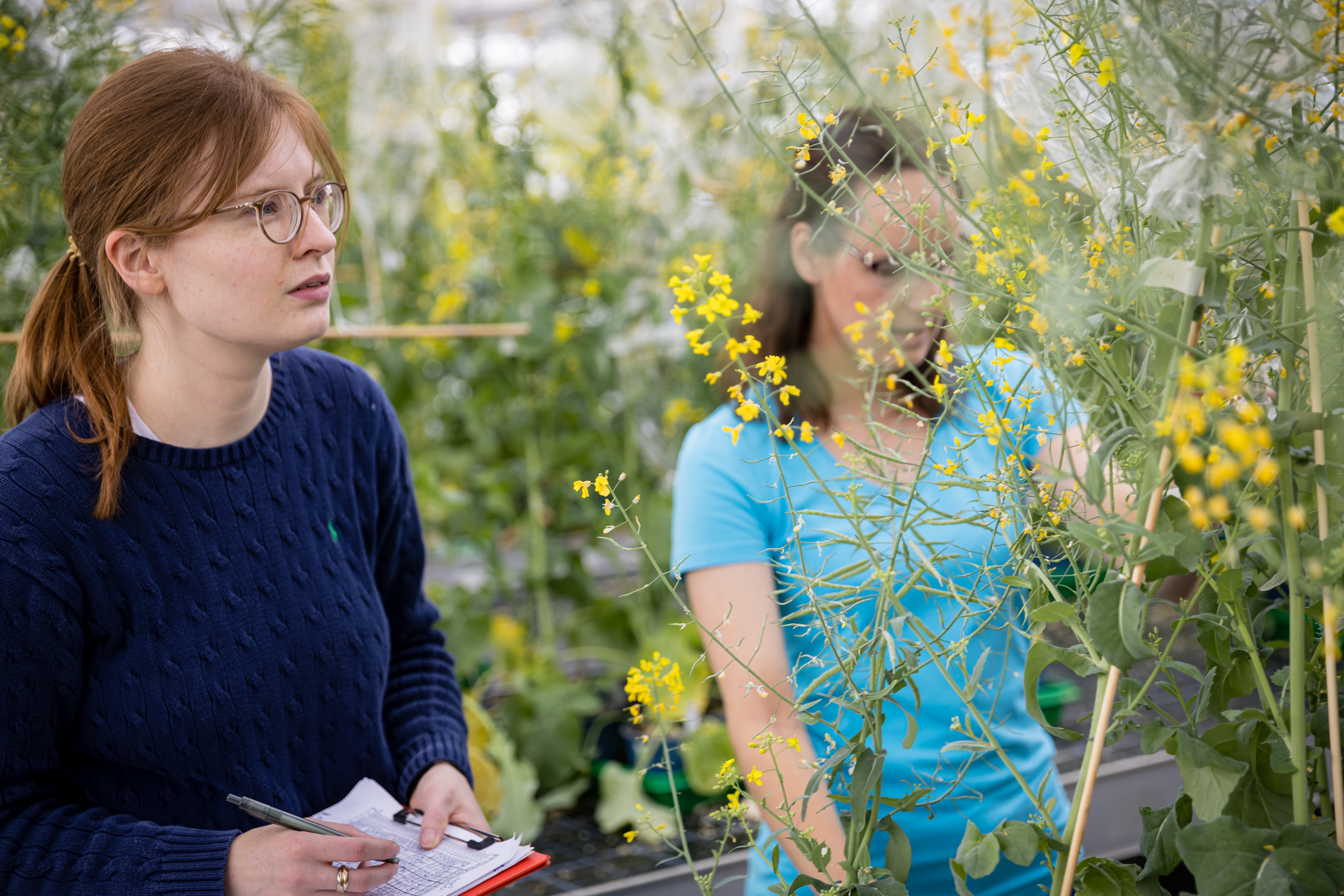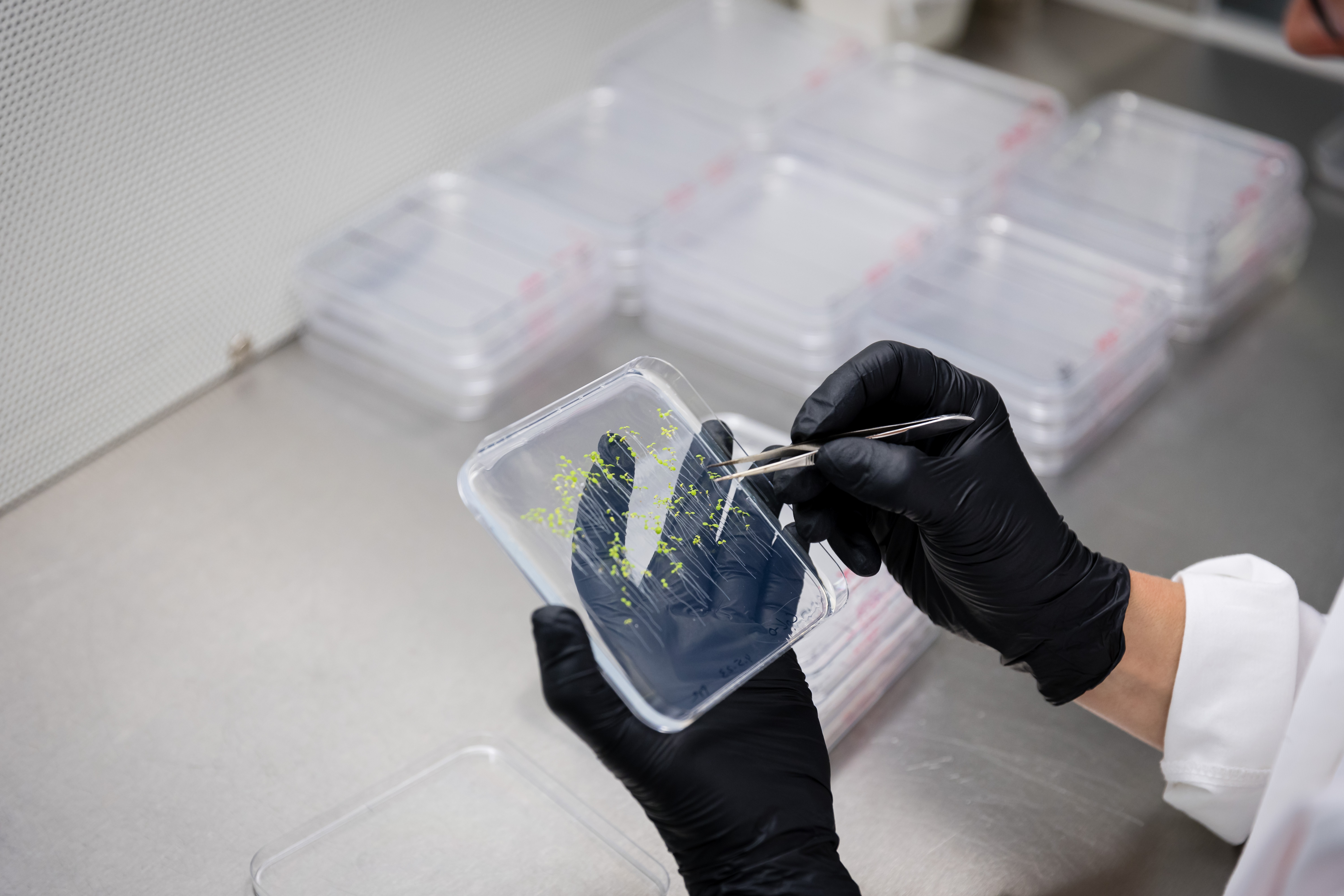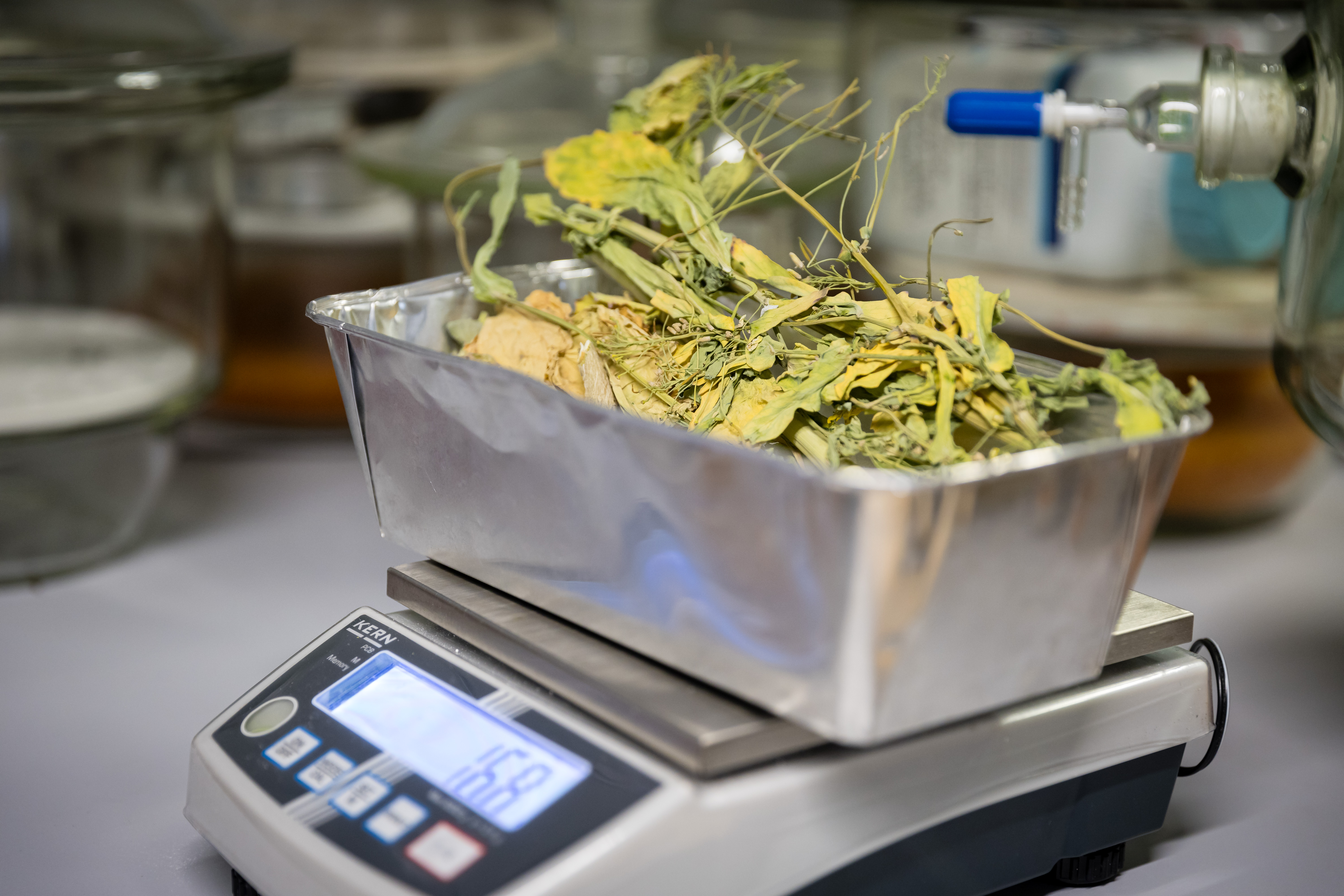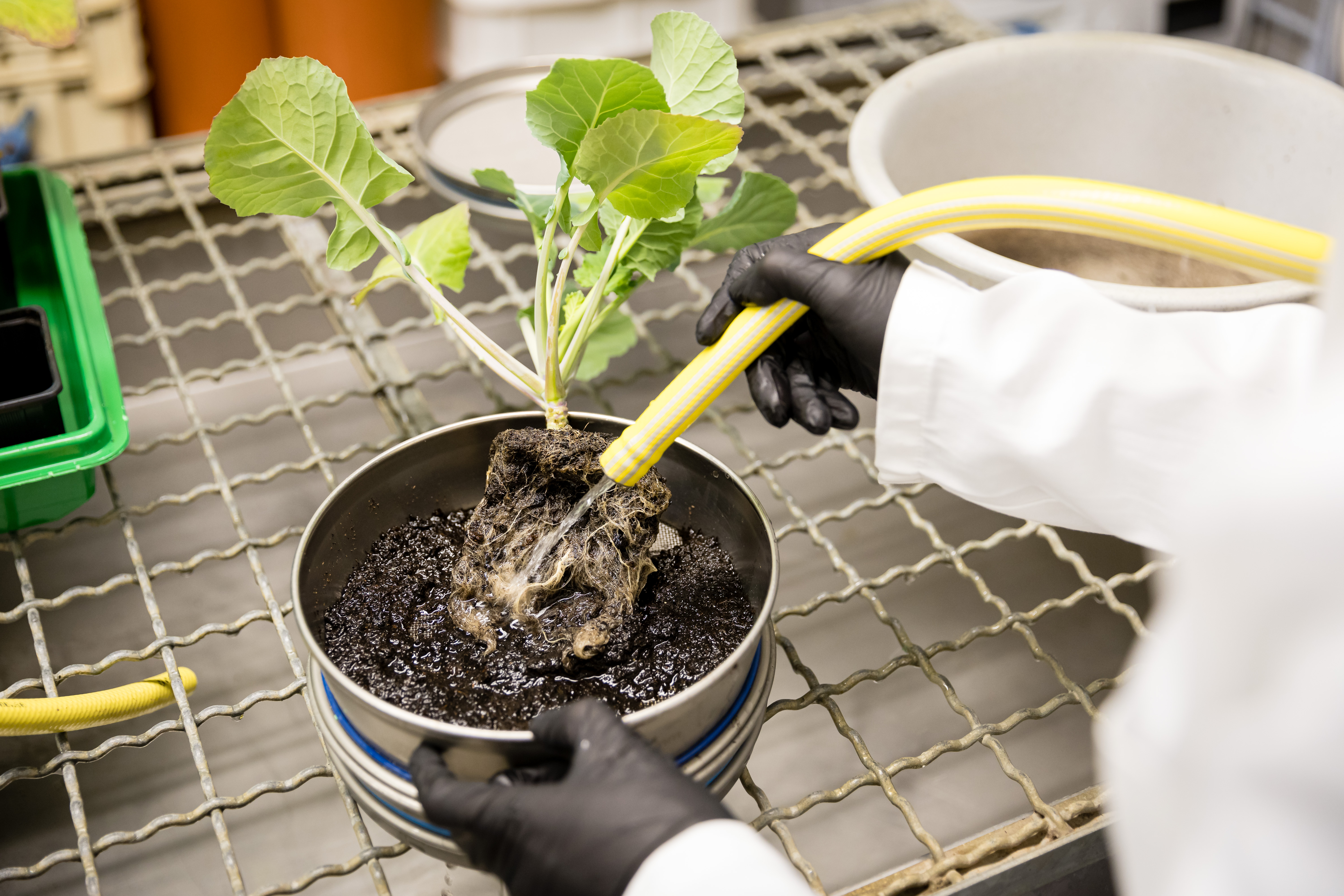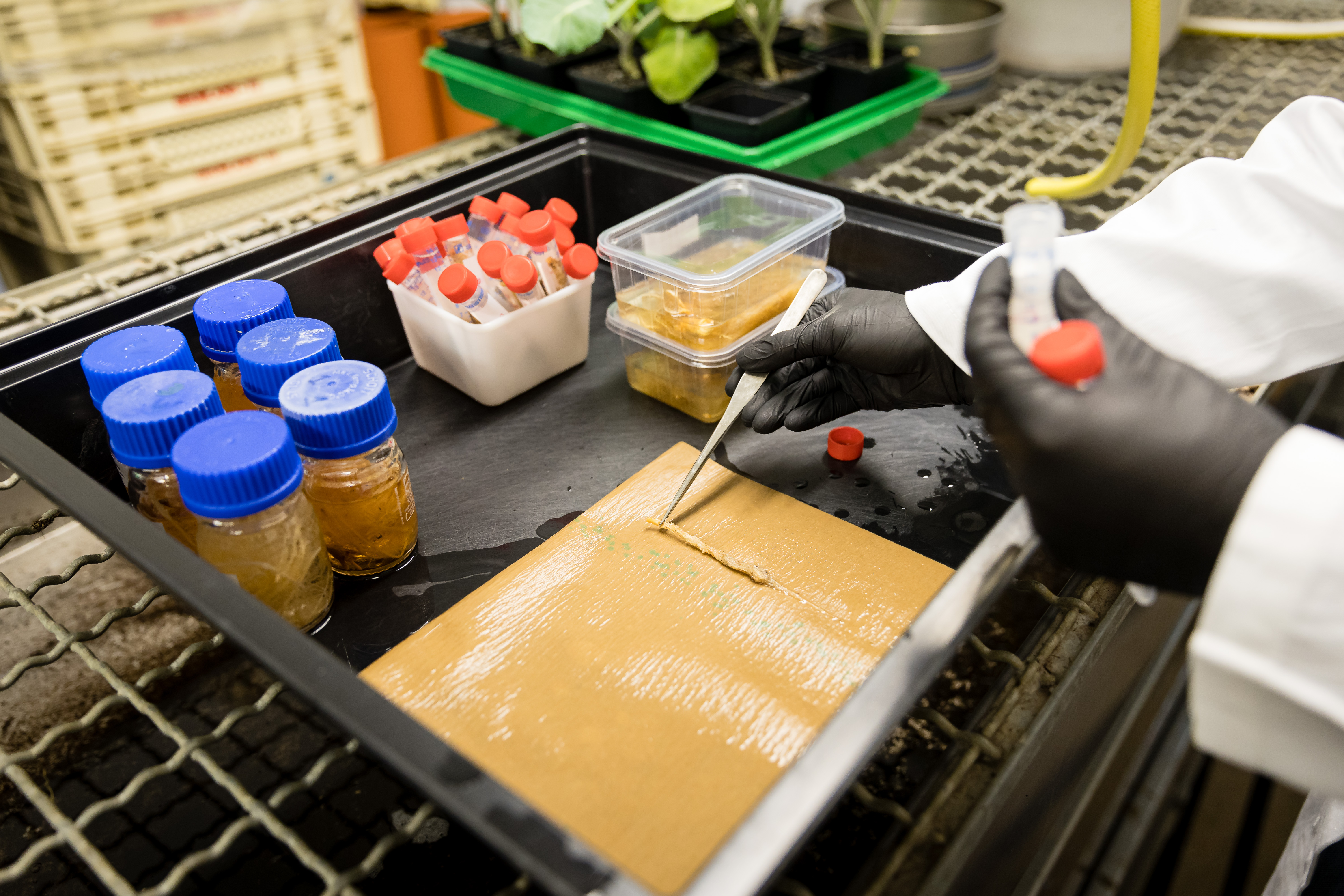SP 8: Efficient use of water and boron for rapeseed and maize

Project manager: Prof. Dr. Patrick Bienert
Scientific staff: Jiline Tölle
In addition to global warming, projected climate change is predicted to result in more frequent occurrences of contrasting weather extremes, even within the vegetative period of a single crop. The physiological adaption of established high-yielding varieties to such conditions is very limited. In Europe, climate records show that winters with increased precipitation rates have been followed by persistent drought periods in spring. Such a weather sequence strongly challenges the nutrient and water acquisition and subsequent yield of crops such as maize and winter-type oilseed-rape. Nutrients such as nitrate, sulphate and particularly boron are prone to leaching during winter and, even if resupplied during a dry season in spring, can no longer reach plants roots due to the lack of soil water mass flow towards the roots. Boron deficiency causes a significant inhibition of root growth. The associated lack of further root expansion and foraging of the soil is detrimental in an environment which is already limited in water and nutrients. The aim of this project is to identify specific Boron / water efficiency mechanisms in crops and to make them available for climate adapting breeding strategies. Complementary, an optimized field-suitable Boron fertilizer management is targeted. This will help to achieve a healthy root and shoot development in early summer, even under climatically-caused water limiting growth conditions.
Poster kick off meeting (German)
Project description kick off meeting (German)
Final Event
Poster Project description Final report
Poster together with project 5 (Ensuring crop yields through supporting pollinator diversity)
(German language only)

